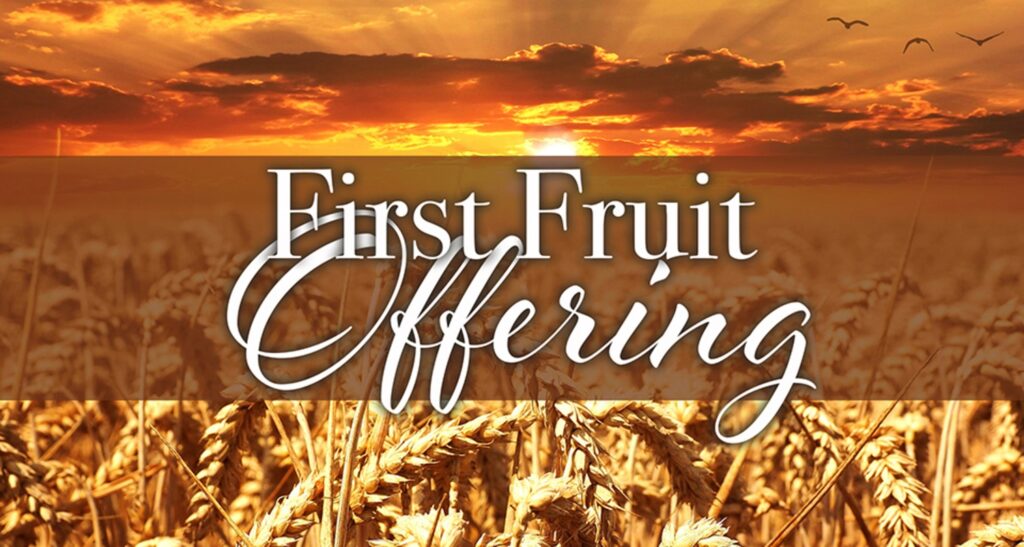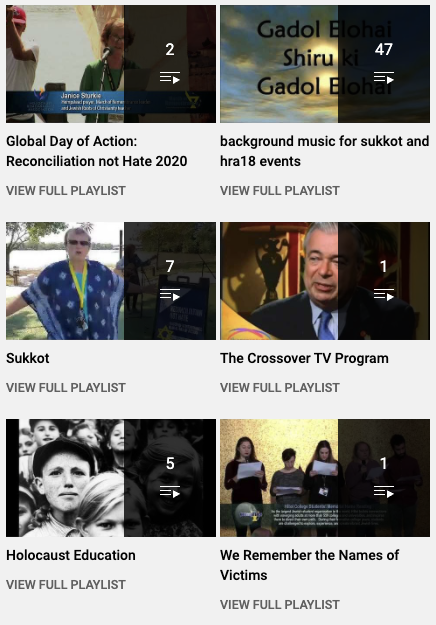May 15, 2025 – Dr. Susanna Kokkonen
Emor 5785 (2025)
Leviticus 21:1-23:24 (Haftorah: Ezekiel 44:15-31)

Emor, the name of the Torah portion in Hebrew, means “to speak”. The portion contains specific instructions to the priests. Priests serve a God who is holy, and the central aspect of all the ordinances is holiness. A man must serve a holy God in a manner that is holy. Priests must therefore not defile themselves by anything that defiles. For a full understanding of this man needs specifics. The Torah Portion lists these defiling elements very clearly.
“They must be holy to their God and must not profane the name of their God. Because they present the food offerings to the Lord, the food of their God, they are to be holy.” (Lev. 21:6 NIV)
In addition, this Torah portion also has instructions about festivals. Of these Pesach (Passover) and Shavuoth (Feast of Weeks) take place closest to the reading of this week’s Torah Portion. The text tells us what to do with the first fruits and the first produce of the land. This is extremely fitting because the Feast of the Weeks happens during the first harvest.
But what is also important to understand here is that when celebrating Shavuoth it is customary to read the Book of Ruth and to study it together. This book is connected to our Torah Portion because its events took place during the first harvest. Ruth was a foreigner. The male hero of the book of Ruth was Boaz, who was not just a family redeemer but an exceptionally good man who observed the commandments of the Bible.
The commandment that I am specifically referring to is in this Torah portion:
“When you reap the harvest of your land, do not reap to the very edges of your field or gather the gleanings of your harvest. Leave them for the poor and for the foreigner residing among you. I am the Lord your God.” (Leviticus 23:22 NIV)
Now we know that Boaz observed this commandment because the book of Ruth mentions it:
“As she got up to glean, Boaz gave orders to his men, “Let her gather among the sheaves and don’t reprimand her. Even pull out some stalks for her from the bundles and leave them for her to pick up, and don’t rebuke her.” (Ruth 2:15 NIV)
The commandment itself shows God’s character. God wants his people to care for the stranger and for the poor.
Receiving Blessings
This week’s Haftorah is a text from Prophet Ezekiel. The Torah portion and the haftorah are connected in that there is a strong emphasis on holiness versus unholiness and priestly conduct. The text says that priests are supposed to be holy because they need to teach to other people.
“They are to teach my people the difference between the holy and the common and show them how to distinguish between the unclean and the clean.” (Ez. 44:23 NIV)
The other connection lies in the first fruit. An ordinary man is to make sure that he deals with the harvest in such a manner that he receives a blessing. Ezekiel gives us a recipe for blessing. In his words, if a person or a household gives the allotted first fruits and personal gifts to the priests, they are going to have a blessing resting on their household.
“The best of all the first fruits and of all your special gifts will belong to the priests. You are to give them the first portion of your ground meal so that a blessing may rest on your household.” (Ez. 44:30 NIV)
The Land
Since we are still remarkably close to the Independence Day of the State of Israel, it is fitting to consider the Torah portion with regard the land and its produce. The land has had a blessing following the establishment of the modern State of Israel. It behooves us to consider that indeed the desert has started to bloom.
The land that was not cultivated is now a huge producer of vegetables and fruit and forests have been planted on its hills. In the modern State of Israel many of the rules that come from the Bible are collectively being observed. It does appear that hunger was one of the hallmarks of Jewish existence in the Diaspora. That is all gone now and the State of Israel is a huge producer of vegetables and for instance spices to the global market. Today Israel exports roughly half of its produce.
All of this has happened despite the hostility the State of Israel has had to face from its neighbors and even from countries far away.
What is even more remarkable is that Israel is a country that was hugely built by people who had undergone the terrible persecution and mass murder in Europe. Holocaust survivors came to Israel after the Holocaust, and they were an essential part of rebuilding the country. Born in then Czechoslovakia, Menahem Perlmutter was an Auschwitz survivor. He was instrumental in turning the Negev desert into cultivated land.
“The impossible takes a little longer,” Perlmutter said.
We really do not recall from history another example where people who have gone through such terrible persecution and trauma have been able to come back to their ancient homeland and build it.
True character
So, did Jesus have anything to say about fruit? Is there anything in his teachings that relates to what we have been discussing here?
One of the known symbols of a person’s character and how to understand, according to Jesus, what the person is all about relates to this very topic.
“Likewise, every good tree bears good fruit, but a bad tree bears bad fruit. 18 A good tree cannot bear bad fruit, and a bad tree cannot bear good fruit…by their fruit you will recognize them.” (Matthew 7:17-18,20 NIV)
I would like to argue that whilst this is certainly true about individual people, it could also be true in terms of nations. If anything, the time of the Holocaust showed, how differently nations acted during that. There were nations that we would not have expected to stand up for their Jewish Communities. There were nations that had strong democracy, and we would have expected them to be more righteous.
We can relate to what Jesus said. Nations and leaders showed their true character by the fruit they bore during such a challenging time.
And I am going to have to make the point that at the writing of this we are at a crucial point in time and history. The hostility Israel is facing right now is unprecedented.
What we need to do is to make sure that our nations are standing at the right side of history.
*For an explanation of the terms see the first Pearls of The Torah Portion Blog.
| Coral and crystal cannot be mentioned, and the striving for wisdom [is more precious] than pearls. | רָאמ֣וֹת וְ֖גָבִישׁ לֹ֣א יִזָּכֵ֑ר וּמֶ֥שֶׁךְ חָ֜כְמָ֗ה מִפְּנִינִֽים: |
Job 28:18 (NKJV)
Again, the kingdom of heaven is like a merchant seeking beautiful pearls, who, when he had found one pearl of great price, went and sold all that he had and bought it.
Matthew 13:45-46 (NKJV)
Torah Scrolls were attacked and desecrated during the Holocaust. The enduring images of the Kristallnacht (November 9-10,1938) are those of synagogues on fire and Torah Scrolls burning. Some of these desecrated Torah Scrolls disappeared, others were buried. Some were lovingly rescued and are on display in museums in various locations.


